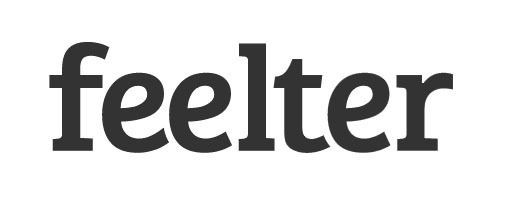Arvato’s recent survey of eCommerce executives showing that about a third of US retail companies intend to enter the German market in the next four years should come as no surprise to those who have been paying attention to that country’s phenomenal rise in online commerce in the last few years.
In fact, Germany ranks as the third largest eCommerce market in Europe – after the UK and France – and the sixth largest globally. The country also has about 63 million web users, with Internet penetration at 89 percent. Little wonder US online retailers and eCommerce companies are interested. However, there are also significant global lessons to be learned by Germany’s enticing eCommerce market.
The study, called “Internationalizing your Brand in 2017,” interviewed 200 eCommerce corporate executives about their planned European expansion strategies. The results cited Germany as the most important European market for a third of the respondents with 22 percent highlighting France, Italy and the Benelux countries.
As is often true globally, most European countries, despite being part of the EU, have their own unique business idiosyncrasies, government regulations, and favored payment methods. For example, Germany, Austria, and Switzerland all prefer purchasing by invoice.
While the companies surveyed all offer payment by invoice and credit cards, some also offer PayPal as an option. Indeed, up to 40 percent of German transactions involve PayPal. In contrast, some competing services, such as Samsung Pay and ApplePay have failed to establish a foothold in the market. Despite that, as many as 46 percent of the companies surveyed plan on offering those same services in the future.
In part because of the differences from country to country, an omnichannel strategic approach has the highest chance of success in Europe. For example, with social media, while 38 percent of the German population use Facebook, only seven percent are on Twitter and Instagram.
Mobile features heavily in Germany. While worldwide mobile is one of the most dominant eCommerce selling strategies, as indeed it is in most industries, in Germany mobile shopping accounts for 15 percent of eCommerce sales in the country. In addition, 26 percent of Germans compare prices on their mobile phones while shopping. As with virtually every country though, sales of smartphones are increasing, with, in Germany, Android being the dominating mobile device operating system.
In the realm of German eCommerce marketplaces, the two biggest entities are Amazon and Otto, a German online department store, which has half the market.
As is true worldwide, cross-border shopping is on the rise in Germany, with increased product availability, better quality and enticing offers the main reasons consumers are looking internationally towards the US, the UK and France for products.
Of the two top reasons German consumers do not embrace cross-border shopping, both are distinctly Germanic: one, they feel their own country already provides everything they need; and two, they are wary of the difficulty in returning products. Interestingly, Germans have the highest return rate in Europe, and of the 46 percent of Europeans that have reportedly returned something in the last year, 23 percent of those were German. The latter surely highlights the need for any online retailer expanding in to a new country to offer an easy and prompt return policy, even if the purchasing is cross-border.
In addition, delivery service in Germany, as with an increasingly large number of countries worldwide, is becoming paramount. A positive delivery experience has been cited previously as being a reason to choose one retailer over another with 83 percent of German shoppers. In addition, 55 percent of German shoppers think standard 2-3 day shipping should be free.
The bottom line is that Germany represents an increasingly important international and cross-border eCommerce market, with many of the priorities for German shoppers indicative of regional preferences elsewhere. Such preferences highlight the need for companies entering the local market from overseas to pay attention to local preferences – such as with payments and returns - if they hope to establish themselves as a major player in German eCommerce.






 Our vision
Our vision